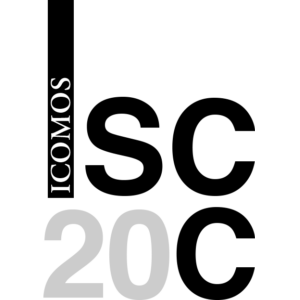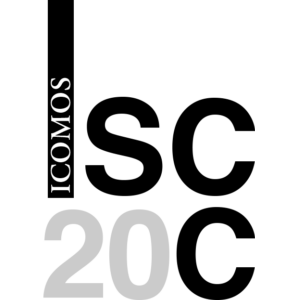War and Its Aftermath within the Twentieth-Century Historic Thematic Framework
This regional seminar is part of the online seminar series "Exploring the Twentieth-Century Historic Thematic Framework in European Context." The webinar is organized by ISC20C Vice President Leo Schmidt and ISC20C member Jörg Haspel together with Bureau EPs Katelyn Williams and Nityaa Lakshmi Iyer.
This seminar centers around Theme 10 of the Twentieth-Century Historic Thematic Framework: War and Its Aftermath.
War in all its aspects has been a defining feature of the twentieth century. Due to the massive scale of these wars, traces and remains of the various stages of conflict can be found all around us. This includes not only the battlefields and sites of atrocities that immediately come to mind, but also remnants of the preparation of war—including military architecture such as barracks, fortifications, airfields, and submarine pens, and sites of production—and of its aftermath—including ruins, war memorials, military cemeteries, and other memorial sites. Furthermore, there are many forms of post-war reconstruction of historic cities and historic buildings—reconstructions that have by now frequently become historic.
With contributions by speakers from many different countries and backgrounds, the seminar will attempt to touch at least some main areas of this vast topic, looking at some places and traces of war, at sites of destruction and reconstruction, and at approaches to memorialisation and interpretation. In a concluding session of Q&A and discussion, the seminar will also aim to make a connection to the current war in Ukraine and its impact on cultural heritage.
Date: June 2, 2023
Time: 16:00 – 19:15 CEST
Location: Zoom Meeting
PROGRAM
16:00
Welcome
Susan Macdonald
Introduction
Leo Schmidt: Overview of the topic
Tami Rich: Commemorating and Interpreting War in Israel
16:30
Topic 1: Places and Traces of War
Wayne Cocroft: An Unsinkable Aircraft Carrier: Second World War Airfields in the United Kingdom
Axel Klausmeier/Winfried Heinemann: Layers of War in Berlin
Break
17:15
Topic 2: Destruction and Reconstruction
Bogusław Szmygin: The reconstruction of Warsaw after WWII – historical and contemporary perspective
Katelyn Williams: Reclaiming Continuity: The Role of Islamic Sacral Heritage in the Aftermath of the Bosnian War
Break
18:00
Topic 3: Memorialisation and Interpretation
Waltraud Kofler Engl/Rupert Gietl/Gianluca Fondrist: Written in the landscape. Places, traces and memories of World War I in the Sesto Dolomites
Frederick Hadley: (Interpreting the western front of World War I in the Historial at Péronne)
Break
18:45
Q&A and Roundtable
Moderator: Jörg Haspel
The final roundtable discussion of the webinar on 2 June will offer opportunities for questions and answers from the participating speakers and the connected audience (chat, online). Overarching themes on the significance and management of the heritage of war and its aftermath can also be addressed.
Above all, however, the HTF webinar will refer to the current European context on the topic of “War and Aftermath” in the final discussion. The present situation – after the post-Yugoslav Balkan wars of 1991-2001) – is marked by the Russian invasion and annexation of parts of Ukraine, launched in 2014, and Russia’s war of aggression on its neighbouring country, independent since 1991, which has been ongoing since 24 February 2022. More than one hundred thousand people have fallen victim to the war so far; it has caused the largest flight of refugees in Europe since 1945, resulted in devastating destruction of nature and caused war damage estimated at up to 1,000 billion US dollars to date.
What are the lessons learnt from the conservation practice of the 20th century for managing the heritage of war and its aftermath of the 21st century? Have we learned from history? Can we learn from the past?
19:15
End
All times are Central European Summer Time (CEST – Paris, Berlin).
Click here to know more about the seminar series.
SPEAKERS
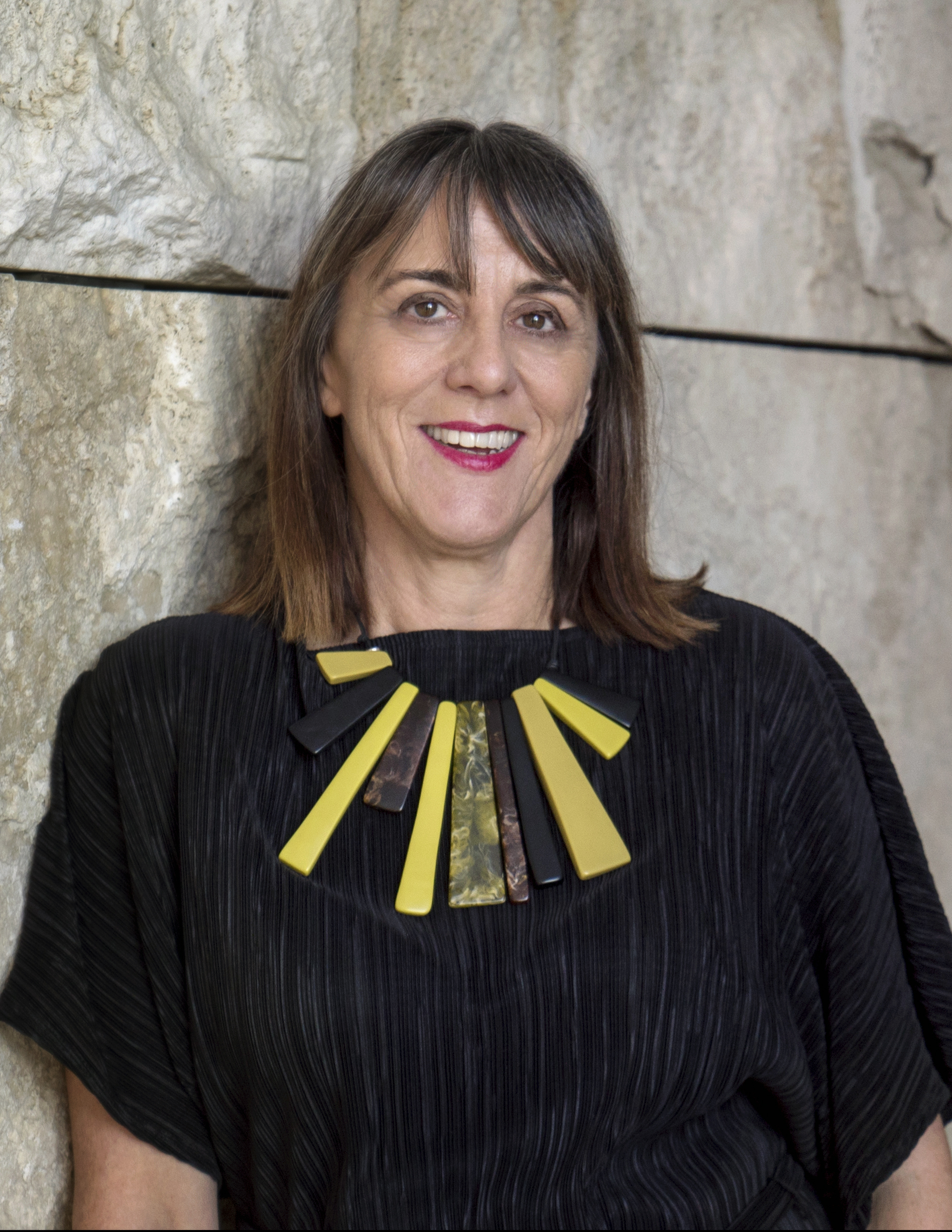
Susan Macdonald, Bsc. (Architecture), B. Arch. MA (Conservation Studies) is Head, Buildings and Sites, at the Getty Conservation Institute where she oversees over 25 projects that aim to advance conservation practice internationally, including the Conserving Modern Architecture Initiative. Susan has been engaged in conserving 20th century heritage for many years, a member of the DOCOMOMO ISC Technology, and a Vice President of ICOMOS’s 20th Century Committee.
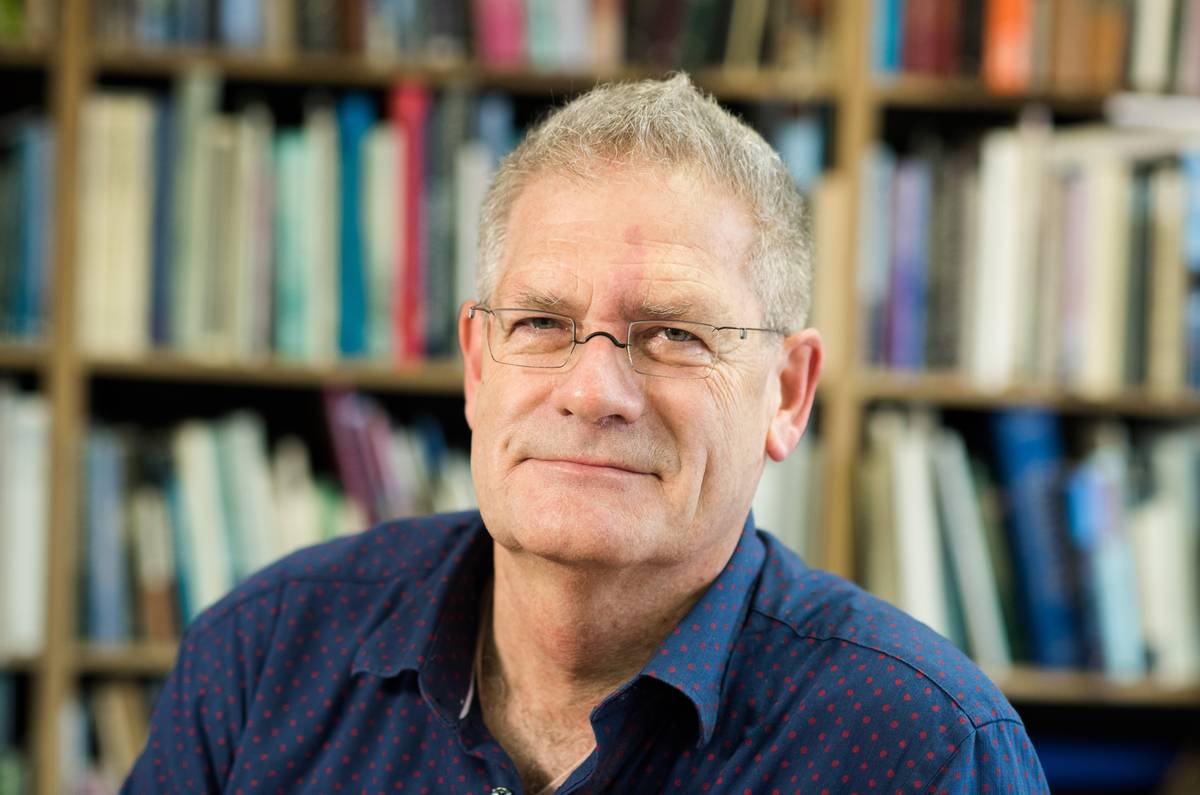
Leo Schmidt has worked as a historic buildings investigator for the Baden-Württemberg State Conservation Office before becoming Professor for Architectural Conservation at the Brandenburg University of Technology (BTU). He has published on 18th-, 19th- and 20th-century architecture but also on difficult heritage such as the Berlin Wall and the Peenemünde rocket site. Since 2017 he is vice president of ICOMOS International Scientific Committee on 20th–century Heritage (ISC20C). He is also a Fellow of the Society of Antiquaries of London.
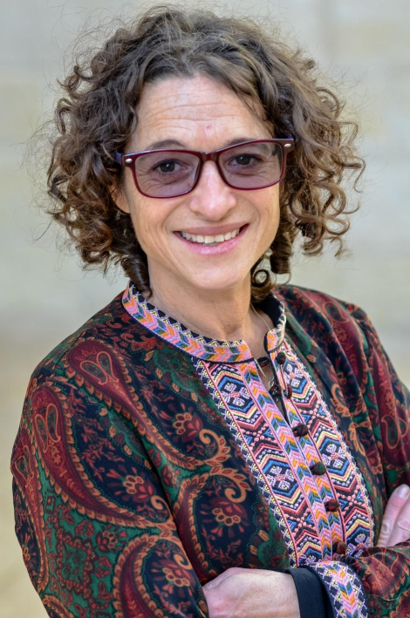
Tami Rich, is the ICOMOS Chairperson for the Committee on Interpretation and Presentation, for the State of Israel. Earning her post-graduate degrees in Museum Studies and Cultural Heritage Studies from Deakin University, Australia. Tami has over 20 years of experience working in museums and heritage sites internationally. Currently, a faculty member at the University of Haifa, teaching curating and interpretation within Holocaust Studies. Tami also worked for Yad Vashem across a number of departments, travelling extensively representing Yad Vashem globally. Tami’s personal academic research is focused on the interpretation of “Difficult Heritage” at Museums and Heritage Sites.
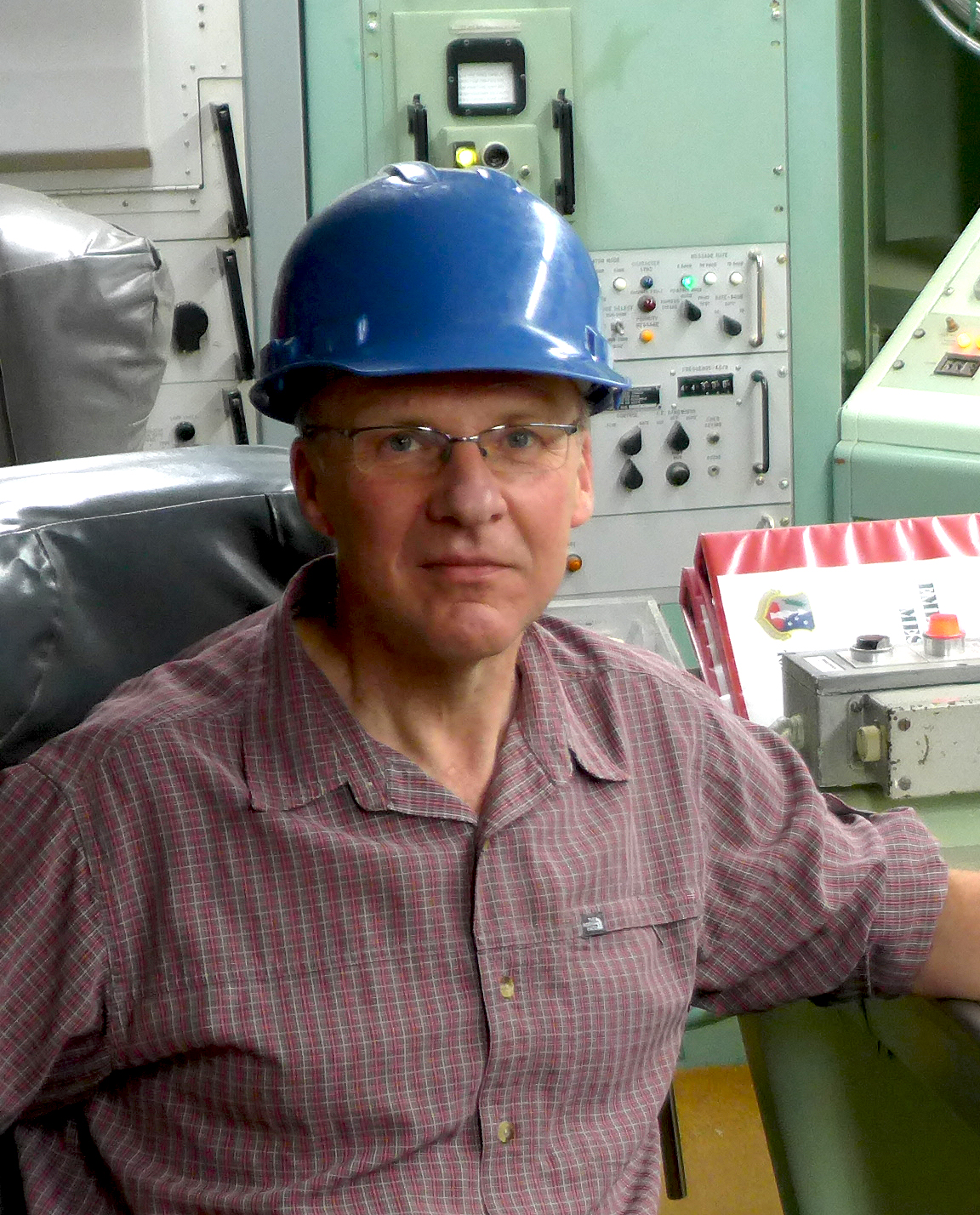
Wayne Cocroft is a senior archaeological investigator with Historic England’s National Specialist Services Department based in Cambridge. For over 30 years he has specialised in the investigation and assessment of former military sites, including explosives factories, research and development establishments, and defences sites of the Cold War. He has published widely on these topics. His current work includes the assessment of Ministry of Defence disposal sites and developing strategies for the documentation of post war power stations and obsolete civil nuclear facilities. He is a Fellow of the Society of Antiquaries of London.
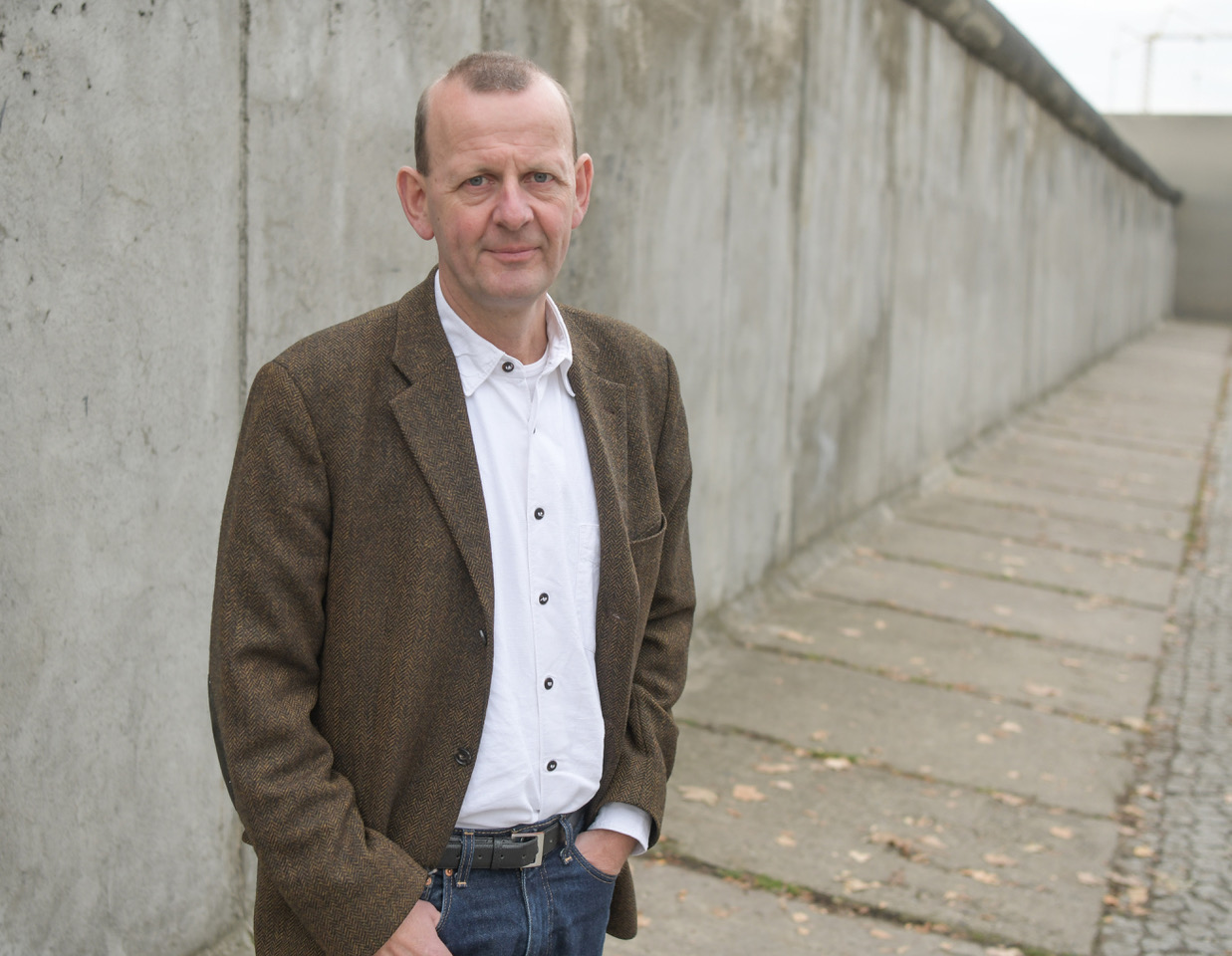
Prof. Dr. Axel Klausmeier studied art history, modern and medieval history and subsequently worked as an assistant at the Department of Monument Conservation of the BTU Cottbus with a research focus on “Uncomfortable Monuments”. Together with Leo Schmidt he documented the remains of the Berlin Wall on behalf of the Berlin Senate between 2001 and 2003. Since January 2009, he has served as Director of the Berlin Wall Foundation and he has been teaching as an Honorary Professor for Historical Cultural and Memory Landscapes at BTU Cottbus-Senftenberg since 2012.
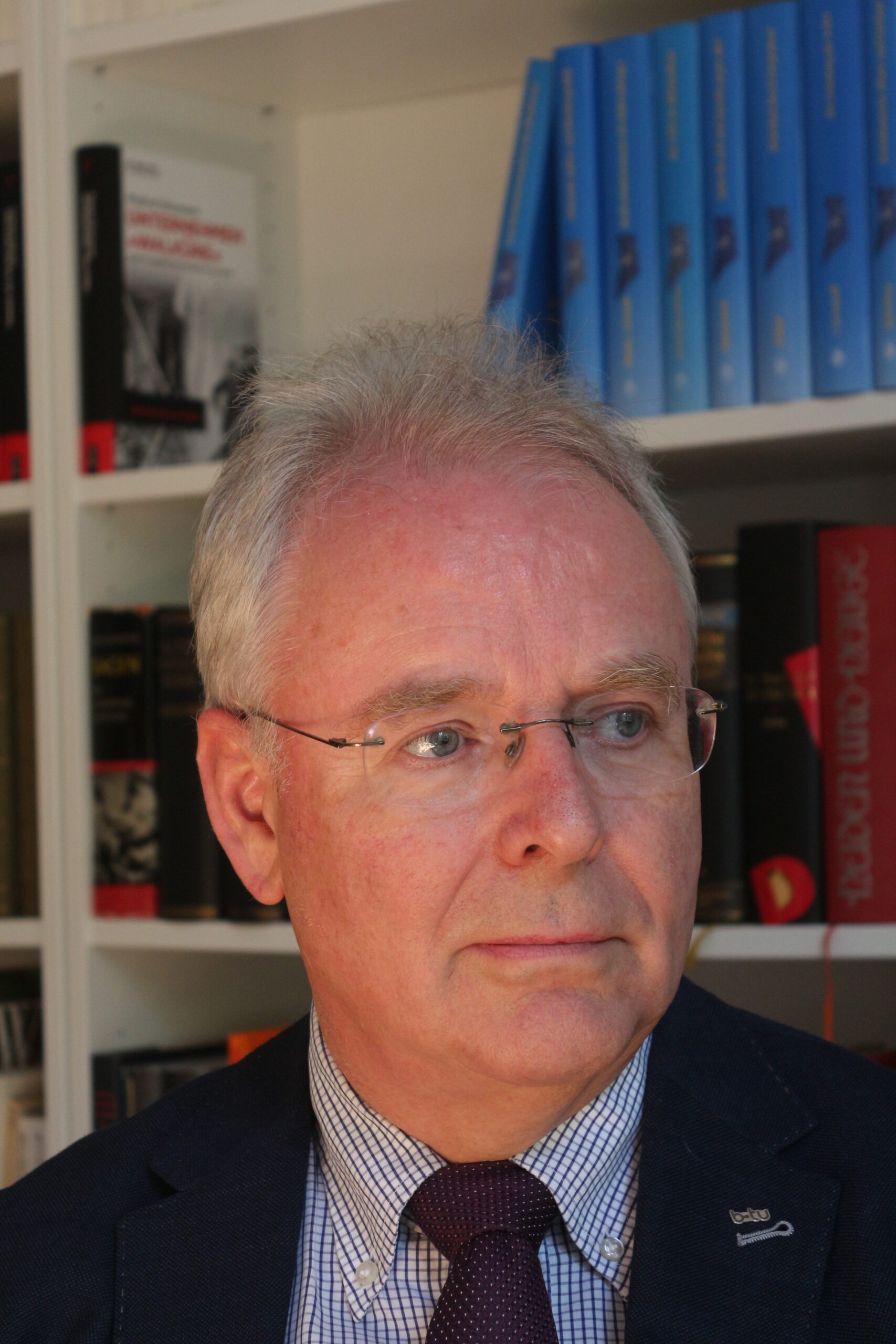
Winfried Heinemann served as an active military officer with the German Armed Forces’ Centre of Military History and Social Studies in Potsdam (formerly Freiburg) and retired as a colonel. He has been teaching as an honorary professor at the BTU Cottbus-Senftenberg since 2014. His major research interests include the history of the Cold War and the military resistance against Hitler during the Second World War, as well as questions of conservation and heritage.
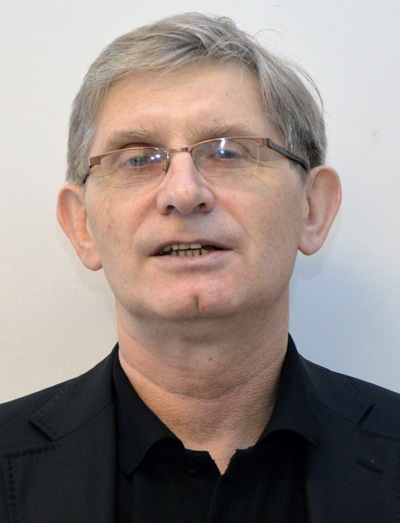
Bogusław SZMYGIN, prof dr hab.eng, Lublin University of Technology; head of Built Heritage Department; Dean of Civil Engineering and Architecture Faculty LUT (2005-12; 2016+);
Bogusław Szmygin specializes in protection and conservation of architectural monuments (theory of conservation, revitalization of historical towns, protection and conservation of architectural monuments, World Heritage issues, protection of historic ruins). Author of over 150 scientific articles (e.g monograph “Development of conservation doctrine in Poland in XX century”; “UNESCO World Heritage – Methodology and Management”); organizer of several scientific conferences, scientific and educational programmes; scientific editor of dozen proceedings; author of over 50 screenplays for educational films.
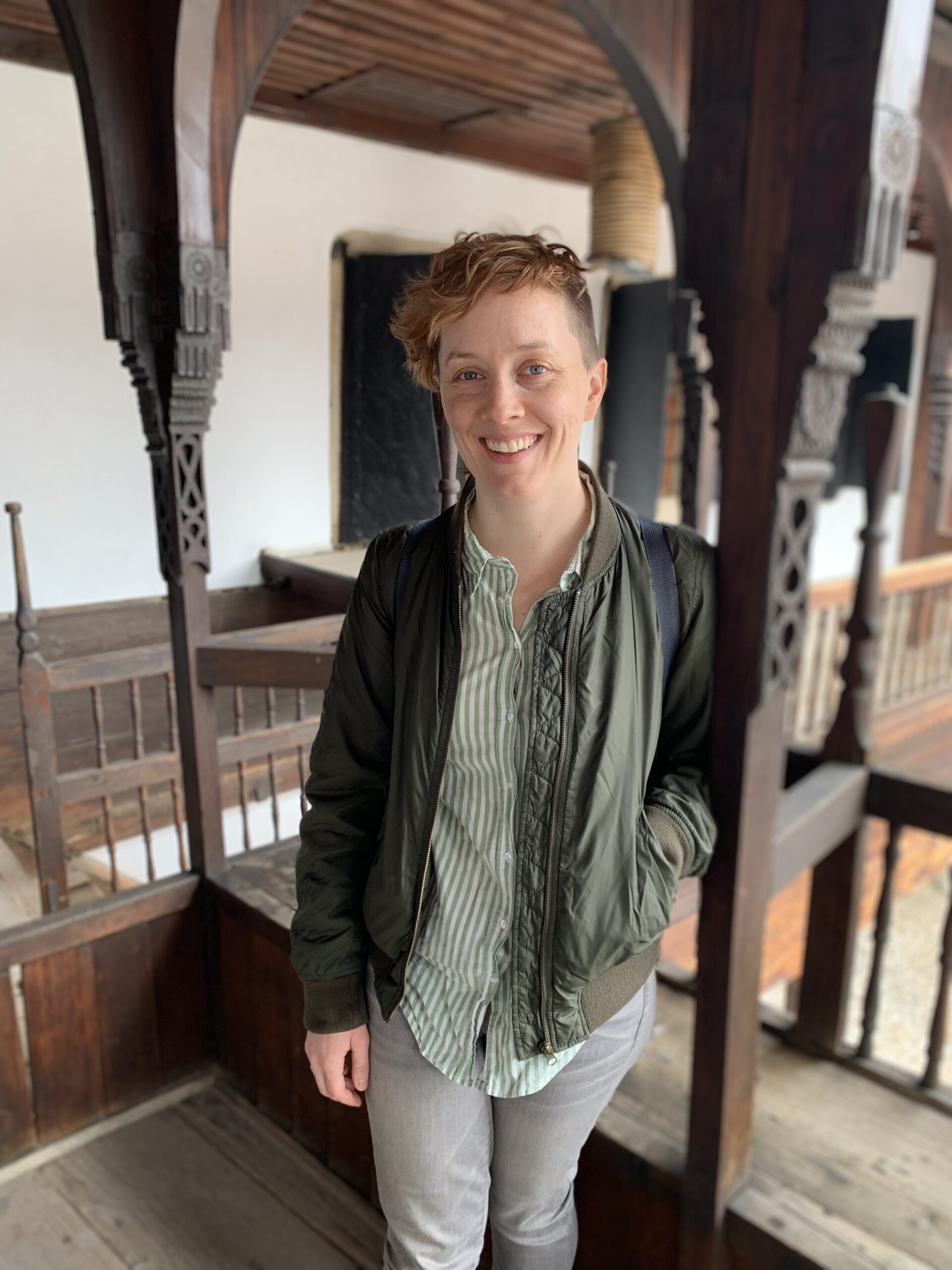
Katelyn Williams is the Academic Coordinator for the Council on International Educational Exchange in Berlin and is in the process of completing her Ph.D. in Heritage Studies at Brandenburg University of Technology Cottbus-Senftenberg. Her doctoral research focused on the effects of heritage recovery on social revitalization in post-war Bosnia and Herzegovina. She holds an M.A. in World Heritage Studies from BTU, for which she completed a master’s thesis on the interpretation of the Teufelsberg Historic Site in Berlin. She gained several years of professional museum experience working in public programming and communications at New-York Historical Society and Brooklyn Historical Society.
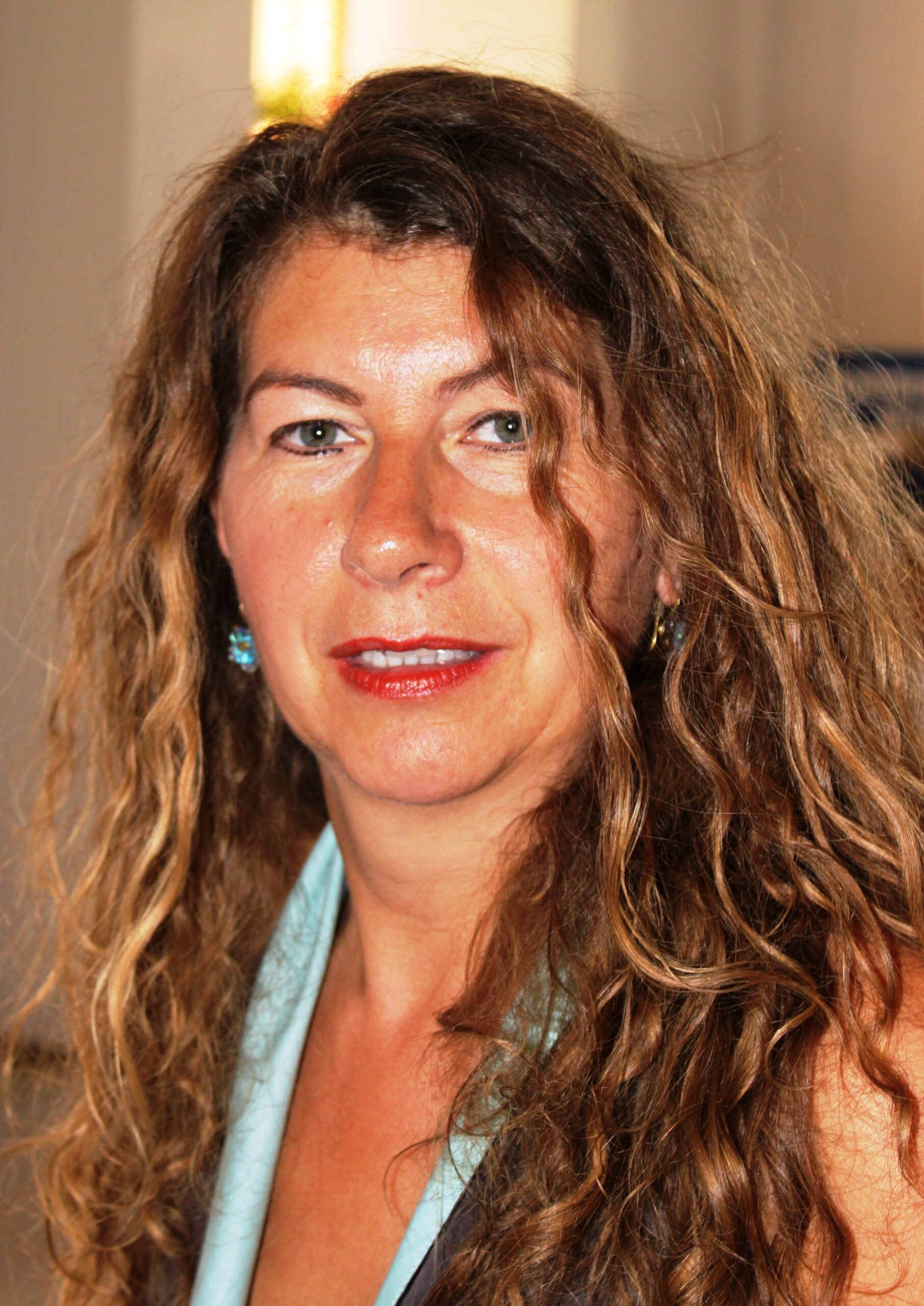
Waltraud Kofler Engl, art historian, monument conservator. Studied art history at the Universities of Innsbruck and Florence. PhD in 1985. From 1986 art historian, from 1995 director of the Office for Architectural and Artistic Monuments/Landesdenkmalamt Südtirol. Since 2018 Head of the Cultural Heritage/Cultural Production Platform at the Faculty of Design and Arts of the University Bolzano. 2022 Guest professor at the University of Innsbruck. Head of the research project “Written in the Landscape. Places, Traces, Memories. The First World War in the Sesto Dolomites”. Publications on medieval wall paintings, monument conservation, cultural heritage, cultural landscapes, historic gardens, war relics and controversial/dissonant heritage. Member of the Arbeitskreises für Theorie und Lehre der Denkmalpflege and of ICOMOS Germany.
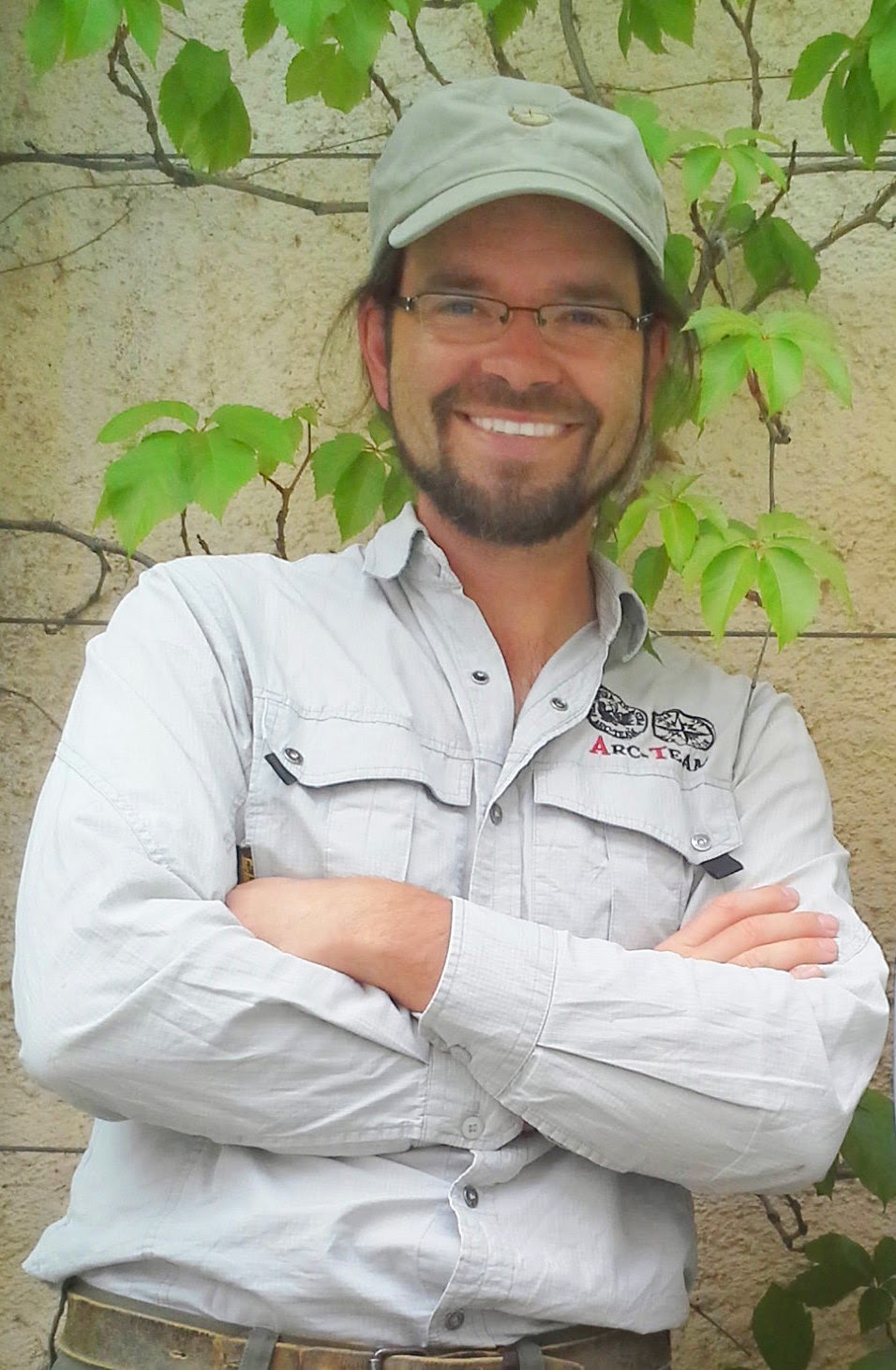
RUPERT GIETL – Arc-Team Ltd.
*1978 Bruneck / South Tyrol
MA in Classical Archaeology, Universitiy of Vienna (A)
Co-founder of Arc-Team Ltd., Cles (TN), Italy, working world wide in cultural heritage,
developing open-source and open data solutions, with task of archaeological excavation and
research in Italy and abroad, archeological and architectural digital documentation, Free and
Open Source Software development, management of systems for the Cultural Heritage
protection and fruition. Research interests: Alpine Archaeology, Conflict Archaeology, Digital
Documentation Methods, Free & Open Source Applications in Archaeology.
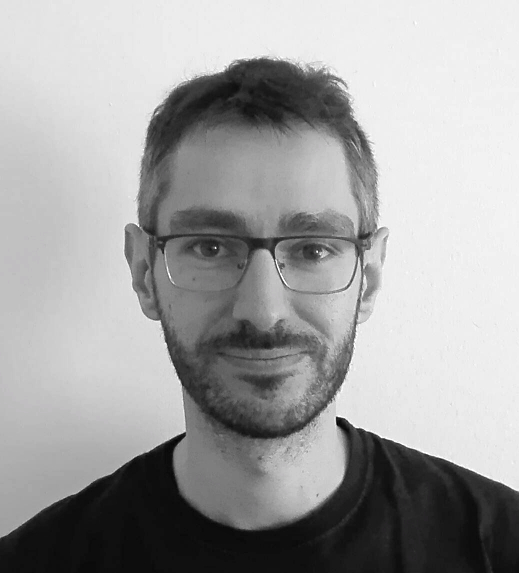
Gianluca Fondriest is an archaeologist and museum educator. After graduating with a bachelor’s degree in Cultural Heritage and a master’s degree in Archaeology (Trento, Groningen), he pursued a master’s degree in Advanced Studies in Museum Education (Rome). After graduation he started working in the field of professional archeology, conducting over the years survey missions of structures related to World War I in Trentino and South Tyrol, emergency archaeological excavations, surveys, 2D and 3D documentation. Since 2015, he has worked as a museum educator for the Department for Cultural Heritage – Archaeological Heritage Office of the Autonomous Province of Trento, and for the Castello del Buonconsiglio. In recent years he has cu-rated several exhibitions in Trentino. His current research focuses on the identification, gps surveying, mapping, and three-dimensional documentation of wartime evidence in the Dolomites environment.
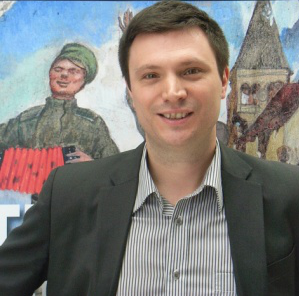
Frederick Hadley, a graduate in political science, contemporary history and management of cultural institutions, is registrar at the Louvre’s Sculptures department since 2015. He is in charge of the rooms devoted to Medieval and Renaissance sculptures in the “permanent” exhibition. He also takes part in the organizing of loans in France and abroad. As Second Curator at the Historial Great War Museum (Péronne, Somme) from 2001 to 2015, he namely curated the “Wake up America. American posters of the Great War” and “Hearing the war. Silence, music and sounds 1914-1918” exhibitions. Frederick Hadley continues to publish on the First World War and on memorials.
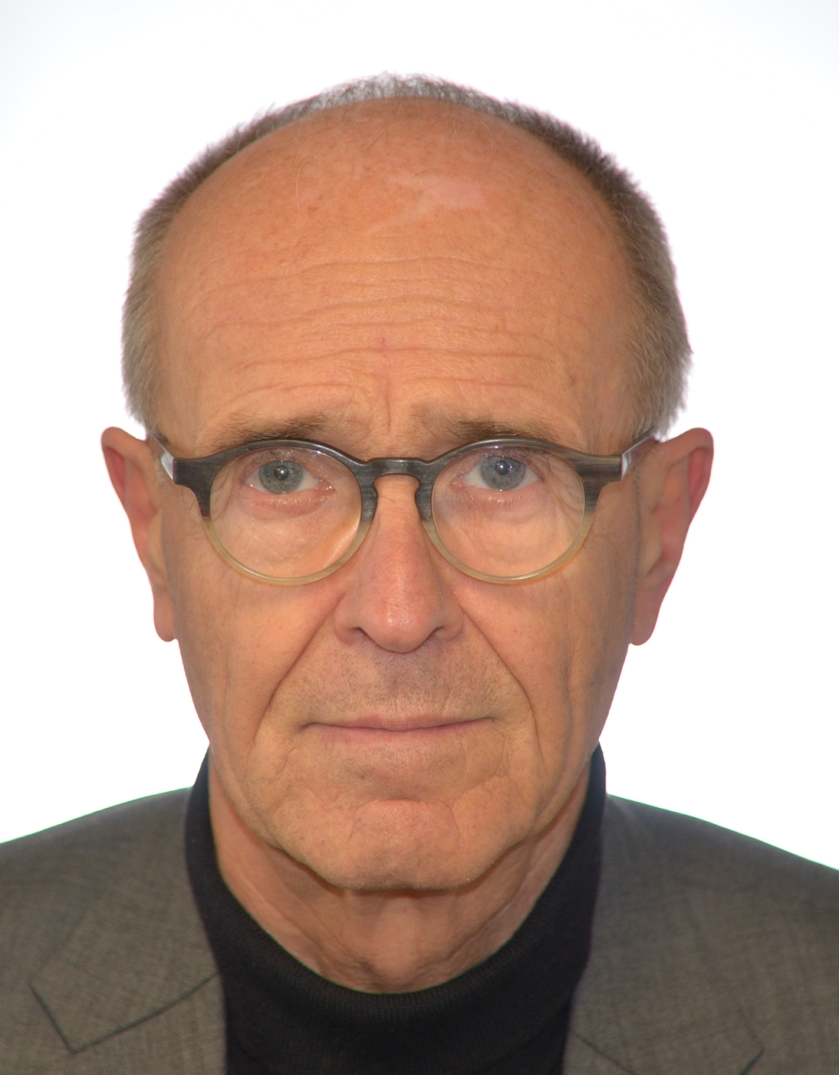
Jörg Haspel Prof. Dr. phil. Dipl.-Ing., graduated in Architecture and Urban Planning in
Stuttgart and in History of Art and Cultural Studies in Tübingen till 1981. From
1992 till 2018 he was Berlin State Curator of Historic Monuments
(Landeskonservator) and from 2012 to 2021 president of ICOMOS Germany.
Since 2014 he is chairing the Board of Trustees of the German Foundation for
Monument Protection (Deutsche Stiftung Denkmalschutz).
Jörg Haspel is a permanent member of the Expert Group on Urban Heritage
Conservation of the Federal Government in Germany and a founding member
of the International Scientific ICOMOS Committee on the 20th Century Heritage
Preservation (ISC 20C). He teaches heritage conservation studies at the Technical University of Berlin and is a member of the Action Group “Dissonant Heritage” of the Urban Agenda of the EU.
